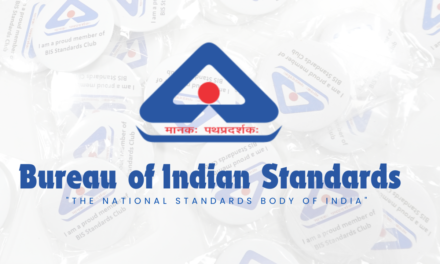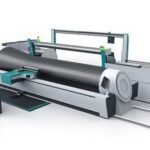The route of Indian cotton yarn from knitting to packing
The journey of Indian cotton yarn from knitting to packing involves several key stages, each crucial in transforming raw yarn into finished textile products.
Knitting Process:
In this stage, cotton yarn is fed into knitting machines to produce fabric. Factories in regions like Hindupur utilize advanced South Korean knitting machines to create rolls of fabric destined for products such as T-shirts for international brands.
Dyeing and Finishing:
After knitting, the fabric undergoes dyeing to achieve the desired colors, followed by finishing processes that enhance texture, appearance, and performance. These steps are essential to meet specific quality standards and consumer preferences.
Cutting and Sewing:
The dyed and finished fabric is then cut into specific patterns and sewn together to create garments or other textile products. This stage requires skilled labor to ensure precision and quality in the final product.
Quality Control:
Throughout the production process, rigorous quality control measures are implemented to detect and rectify any defects, ensuring that the end products meet both domestic and international standards.
Packing:
Once the products pass quality inspections, they are carefully packed for distribution. Proper packing is vital to protect the textiles during transportation and to maintain their quality upon reaching retailers or consumers.
This comprehensive process highlights the intricate journey of Indian cotton yarn as it transforms into finished textile products, ready for global markets.







